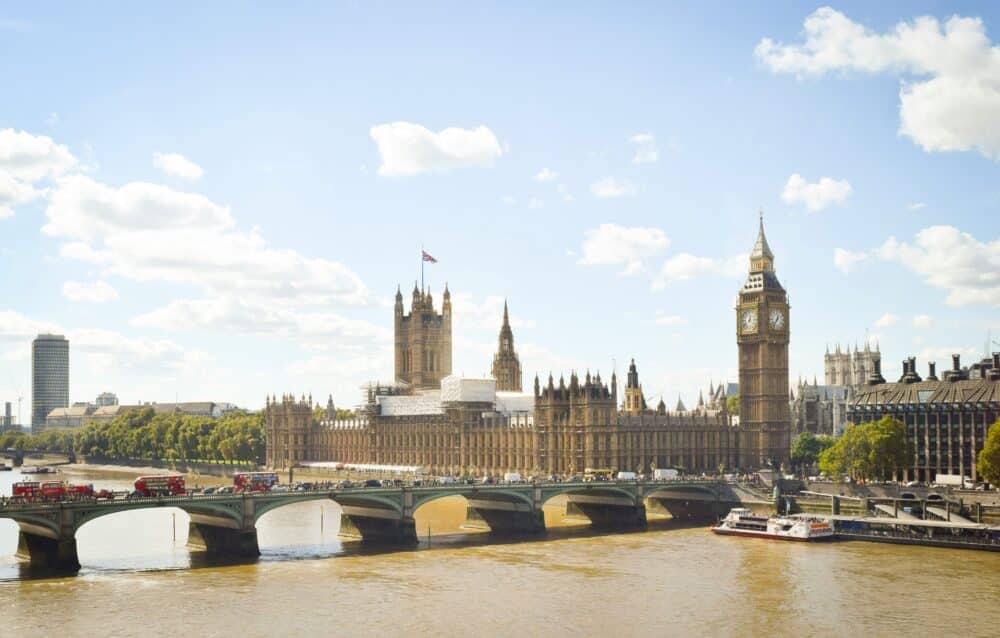Retrofit First: How Circular Design is Shaping the Future of Commercial Buildings.
The topic of retrofit was the focus of debate when Sustainabuild, a networking movement for professionals driving sustainability across the built environment and construction sector, came to London in April.
A group of like-minded professionals from across the industry came together to examine the shift away from demolition and rebuild in favour of retrofitting. Building Relations’ Account Director, Charlotte Radcliffe went along to join the debate:
The Spring Statement and its Impact on the Housing Sector
Following the Chancellor’s Spring Statement, our Public Affairs Consultant, Ramsay Jones shares his insights into the short and long term impact, with analysis on what it means for the housing sector.
Read MoreInternational Women’s Day: A Letter to our Younger Selves
By Hannah Onyebuchi
International Women’s Day (IWD) was first celebrated in 1911 and has since remained an annual benchmark of women’s achievements – and a call to action for gender equality. This year on 8 March, the official theme for IWD is ‘Accelerate Action’. According to the World Economic Forum, it will take 134 years, until 2158 – about five generations from now – to reach full gender parity . As we strive to create diverse, inclusive and equal environments, this year’s theme is calling on all of us to speed up gender equality across the globe.
Read More5 tips on how you can ensure your PropTech business cuts through the noise in 2025 and beyond
By Hollie Moore
At Building Relations, we have been working with propTech clients since we opened our doors – in fact, propTech was the subject of our very first roundtable event back in 2018!
We like to think of ourselves as ahead of the curve when it comes to cutting edge communications, and we are well versed in delivering successful media strategies in the propTech sphere.
2025 Social Media Predictions
By Erin Roberts
2024 was no exception to the social media game with the continued growth of TikTok, Elon Musk making even more controversial changes to ‘X’, and the introduction of new buzzwords such as ‘brat’, ‘demure’, and ‘rizz’ for creators to get to grips with.
Read MoreOur planet series: Reflecting on 10 years of progress and the path ahead
By Natalie Daniels, Sustainability Director at Building Relations PR
Climate change is not a new challenge. For decades, the environment and biodiversity have been in rapid decline. Despite the 2015 Paris Agreement, which aimed to unite nations in a global effort to combat climate change, the situation has continued to deteriorate. In fact, recent years have seen the outlook grow increasingly dire, underscoring the urgent need for more decisive action.
Read MoreHow green finance is key to decarbonising the UK’s built environment
This blog explores how vital sustainability-focused financing is to reaching net zero targets – and explains how Ireland and the US are leading the way.
Read MoreHow to achieve national coverage in your media relations efforts
A big part of media relations is securing national coverage. It is one of the most influential ways to get your brand out to the public and forms the foundations of many PR strategies.
Read by millions and shared by even more, every client dreams of securing regular, high-quality national coverage. However, the competition is enormous and targeting the right journalists can be tricky and time-consuming.
Placing clients in the most renowned newspapers in the UK is all about relationship building with journalists and it’s what our talented team at Building Relations are experts in. But, if you’re going at it alone, what does a pitch need to look like? Does it need to include figures? And what makes a subject line stand out?
Let’s delve into it.
Read MoreBuilding Relations’ Impact team appointed by sustainable design firm
Building Relations, has been chosen to deliver a strategic corporate communications for sustainable design and renovation firm, Better Green Living. BR’s support will raise awareness of Better Green Living’s retrofit projects and support its business growth.
Read More












